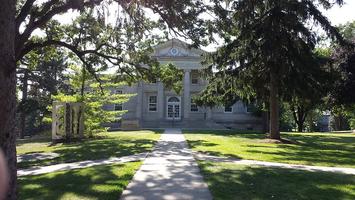
My latest column in the March 2017 issue of Governing magazine is about how small liberal arts schools are partnering to try to help the small towns where they are located succeed. In this they are imitating big cities, where major institutions have often played a key role in driving revitalization efforts, often in part out of self-interest. Here’s an excerpt:
Many of the efforts these colleges are undertaking are still in their early days. But there’s a good chance that they will have staying power. Colleges’ increasing interest in the communities they anchor is not just a matter of civic altruism. In many cases, the schools face increasing pressures of their own. Between 2009 and 2014, according to The Wall Street Journal, 43 percent of the 300 small-town colleges it analyzed suffered declining enrollments. The squeeze has been particularly acute for schools with weak endowments. In 2015, Sweet Briar College in rural Virginia made headlines when it announced plans to close, though this was later rescinded after a public outcry and a number of new donations (and lawsuits).
These small liberal arts schools tend to have very high tuition rates, though because of student financial aid the actual price paid is often well below the posted rate. But with student loan debt levels through the roof and the media filled with anecdotal reports of graduates with large debts and no jobs, prospective students are looking harder than ever at the price-value ratio. Still, for prospective students who value the intimacy of small colleges and communities, small towns have a lot to offer.
Click through to read the whole thing.
Aaron M. Renn is a senior fellow at the Manhattan Institute, a contributing editor of City Journal, and an economic development columnist for Governing magazine. He focuses on ways to help America’s cities thrive in an ever more complex, competitive, globalized, and diverse twenty-first century. During Renn’s 15-year career in management and technology consulting, he was a partner at Accenture and held several technology strategy roles and directed multimillion-dollar global technology implementations. He has contributed to The Guardian, Forbes.com, and numerous other publications. Renn holds a B.S. from Indiana University, where he coauthored an early social-networking platform in 1991.
Photo: TravisNygard [CC BY-SA 3.0], via Wikimedia Commons












